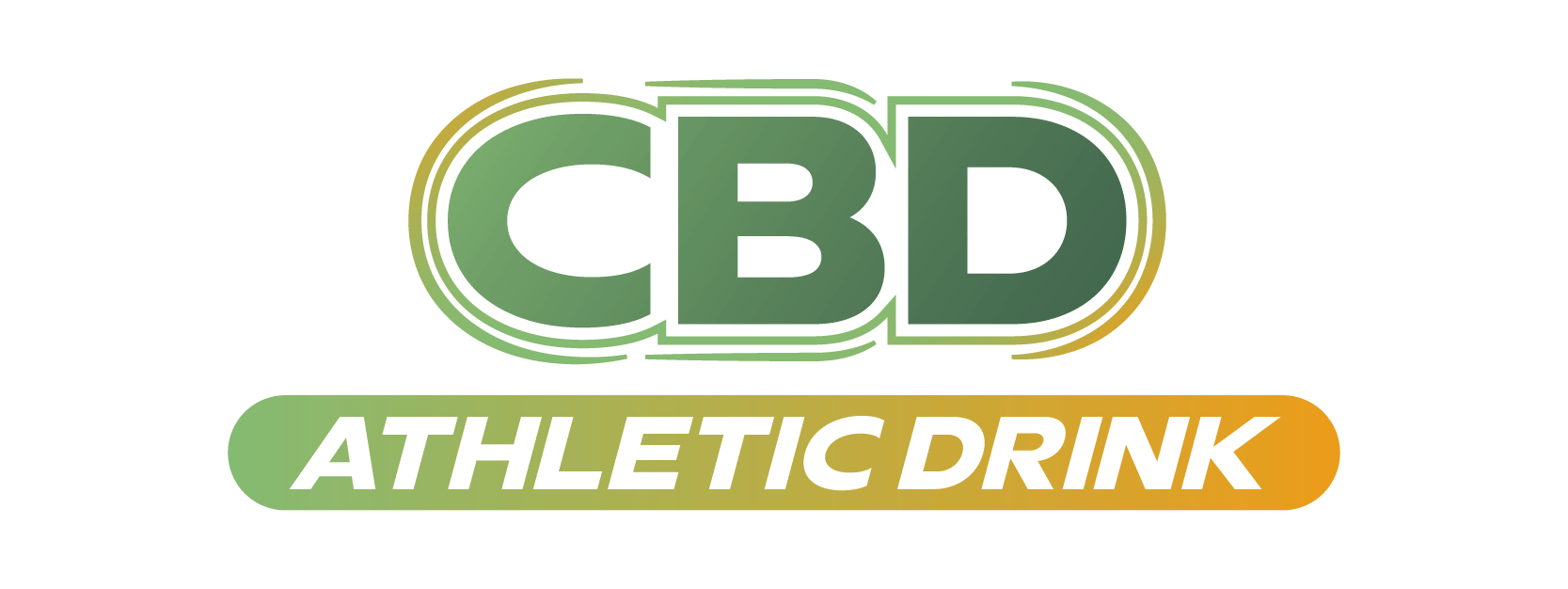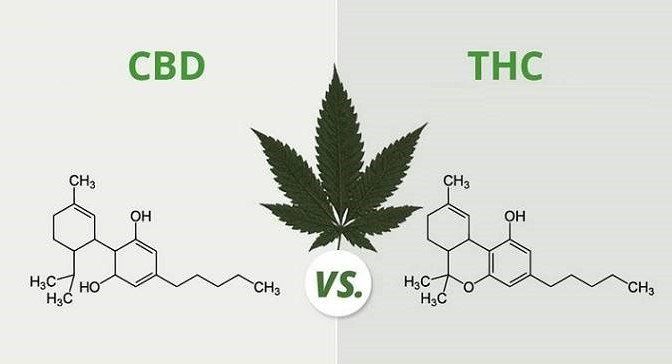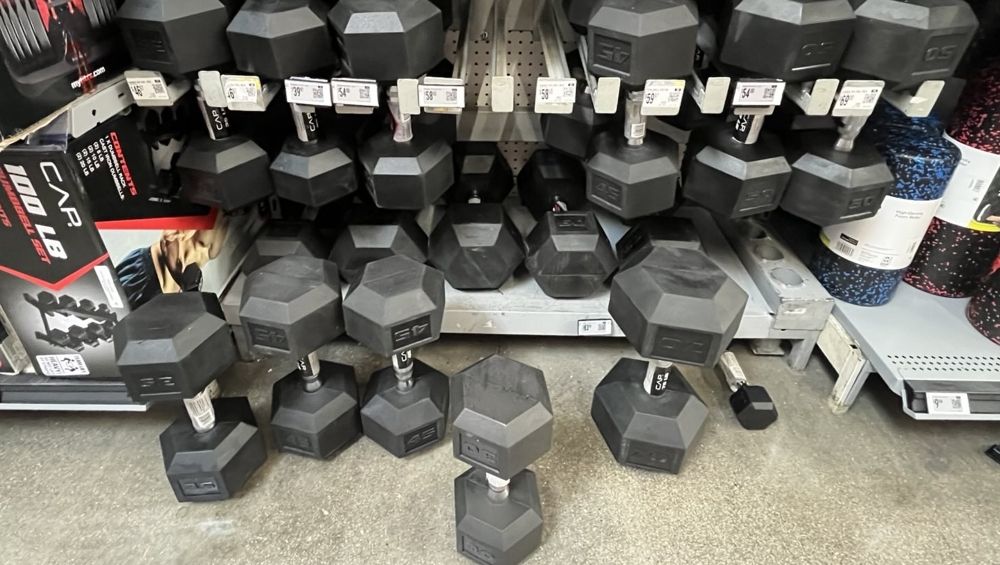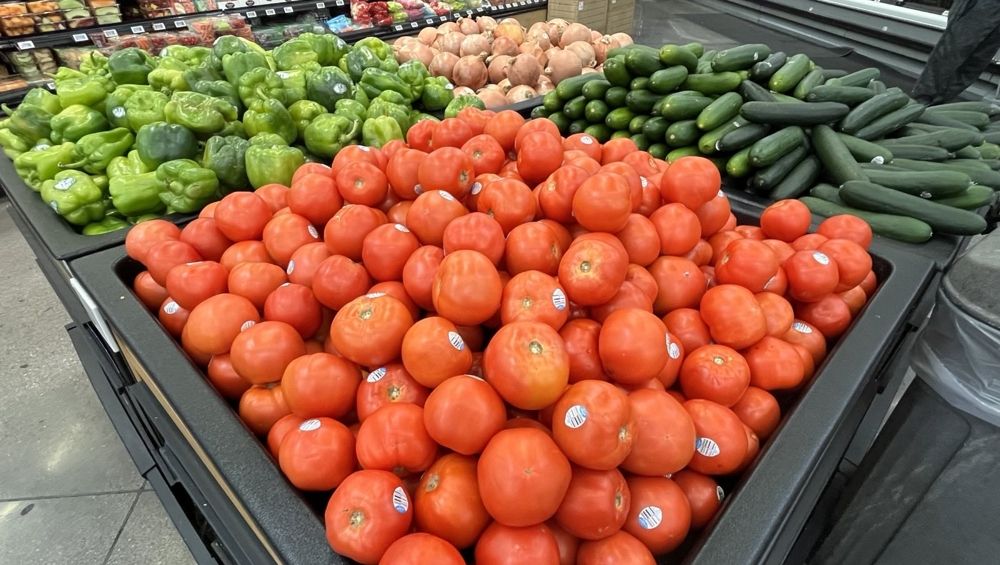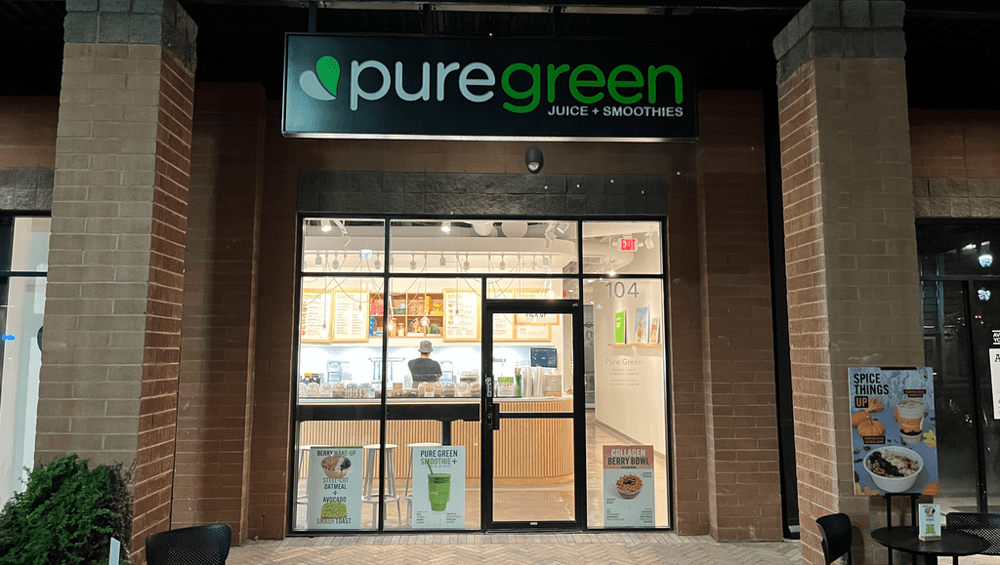Short answer: not quite. A CBD beverage can play a supportive role in recovery—especially for hydration and “calm-down” vibes—but it doesn’t supply the muscle-repairing amino acids a traditional protein shake provides. Here’s how to think about each option so you can build a smarter post-training routine.
What your post-workout shake actually does
After hard sessions, your muscles need amino acids to repair and adapt. Sports nutrition authorities recommend roughly 20–40 g of high-quality protein (about 0.25–0.40 g/kg body mass) per feeding, spaced every 3–4 hours, to maximize muscle protein synthesis. Daily totals for active people generally land around 1.4–2.0 g/kg/day depending on training type. Protein timing is flexible across a broad window after exercise, but hitting the total and per-dose targets matters most.
What a CBD drink brings to the table
Most ready-to-drink CBD beverages are built like modern sports drinks: water first, sometimes electrolytes and carbs, plus a dose of cannabidiol. The hydration and electrolyte piece is useful—especially if you’ve sweated a lot—because replacing fluids (and, for longer/hot sessions, sodium) supports performance and normal physiology.
The evidence on CBD for recovery is promising—but early
Athletes often use CBD anecdotally for sleep, soreness, or stress. Research remains mixed but intriguing. A 2024 systematic review found preliminary signals that CBD may modestly influence post-exercise soreness and inflammation, though study quality and dosing vary widely. Early dose-ranging work in trained runners suggests acute CBD (50–300 mg) changes some physiological and subjective responses, but effects on performance or muscle repair aren’t definitive. Put simply, CBD might help you feel better, but it doesn’t substitute for protein’s role in rebuilding tissue.
Absorption matters for expectations
Oral CBD has relatively low and variable bioavailability; peak levels arrive slowly compared with inhaled forms. That means a CBD drink may take time to “kick in,” and effects can differ person-to-person and product-to-product.
Regulatory reality check
In the U.S., the FDA maintains that CBD cannot legally be marketed as an ingredient in conventional foods or dietary supplements, and it has issued warning letters to companies selling CBD beverages with unapproved claims. Availability varies by state, but labels aren’t overseen like typical sports nutrition products—another reason to choose reputable brands with third-party testing.
So, can a CBD drink replace your shake?
If your goal is muscle repair and adaptation, no. You still need a protein source delivering ~20–40 g of complete protein (or a matched amino acid profile) within your daily intake plan. If your goal is rehydration and unwinding, a CBD beverage with electrolytes can be a reasonable add-on—especially after long, hot, or high-stress sessions. The smartest play for many athletes is pairing: drink fluids/electrolytes for hydration, then meet your protein target via a shake or food within your next meal window.
Practical takeaways
- Prioritize protein: Aim for 20–40 g high-quality protein per feeding; hit 1.4–2.0 g/kg/day overall.
- Hydrate wisely: Replace fluids and, for longer or hotter workouts, electrolytes—then keep sipping across the day.
- Be CBD-savvy: If you use a CBD drink, choose products with third-party testing, start low (e.g., 10–25 mg), and track how you feel—knowing effects are individualized and evidence is still developing.
- Mind the rules: Check your state’s laws and remember the FDA’s current stance on CBD in foods/supplements.
Bottom line: a CBD drink can complement recovery—hydrating you and potentially easing the edges—but it cannot replace the protein your muscles need to come back stronger.
